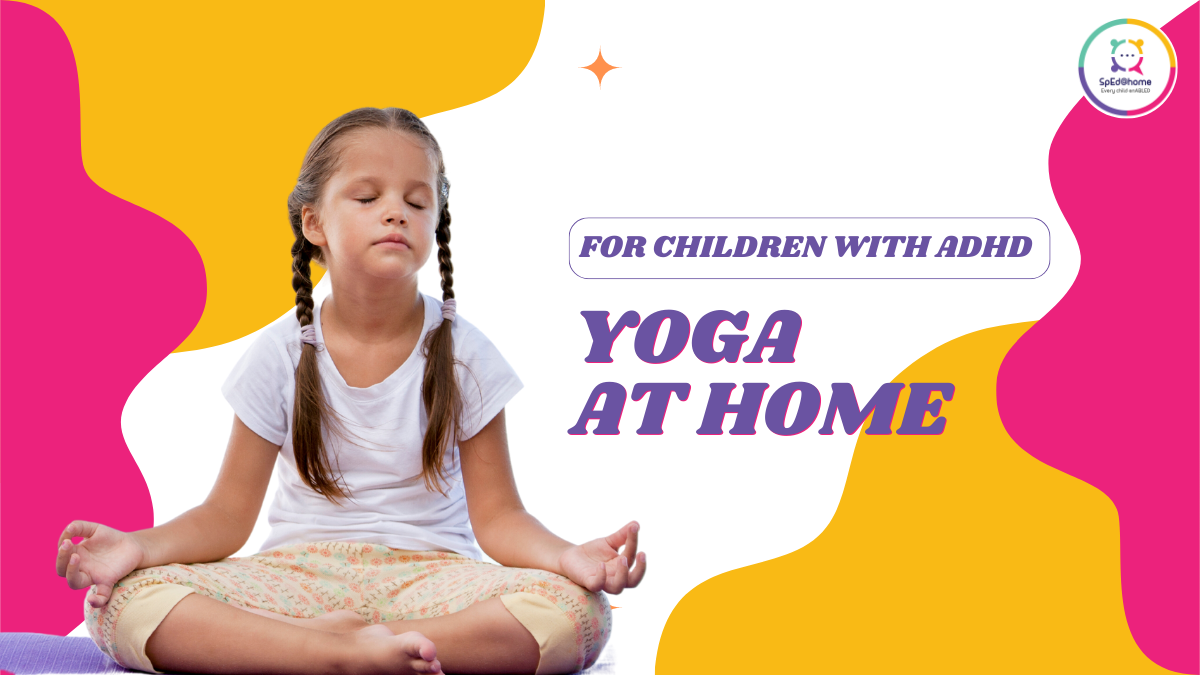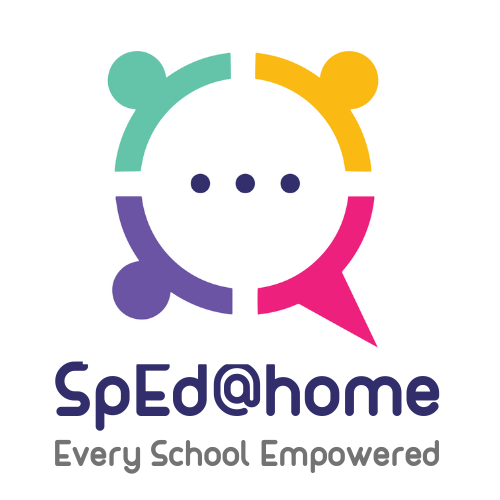In a world filled with distractions and constant stimulation, children diagnosed with Attention Deficit/Hyperactivity Disorder (ADHD) often face unique challenges in maintaining focus, regulating their emotions, and managing their energy levels. While traditional approaches to treatment include medication and therapy, an emerging complementary practice is gaining recognition for its positive impact on children with ADHD: yoga. This ancient discipline offers a holistic approach to address the physical, mental, and emotional needs of children with ADHD, providing them with valuable tools for self-regulation and enhanced well-being. In this article, we will explore the profound benefits of yoga for children with ADHD and highlight why it deserves a place in their treatment plans.
Enhances Mind-Body Connection
Yoga involves a series of physical postures (asanas) and controlled breathing exercises (pranayama) that promote a deep connection between the mind and body. Children with ADHD often struggle with self-awareness and impulse control. Through regular yoga practice, they can learn to focus their attention, synchronize breath with movement, and develop a heightened sense of body awareness. This increased mind-body connection fosters self-regulation skills, allowing children to better manage their impulses and reactions.
Improves Focus and Concentration
One of the core symptoms of ADHD is difficulty sustaining attention. Yoga offers a range of techniques that can significantly improve a child’s ability to concentrate. The practice involves maintaining specific poses, focusing on the breath, and engaging in mindful movements. These activities enhance the child’s ability to remain present and attentive, positively impacting their academic performance and overall productivity.
Reduces Anxiety and Stress
Children with ADHD often experience higher levels of anxiety and stress due to their challenges with organization, time management, and social interactions. Yoga provides a safe and non-competitive environment for them to release tension and anxiety. The deep breathing exercises and gentle movements of yoga stimulate the parasympathetic nervous system, triggering the relaxation response. As a result, children experience reduced stress levels, improved emotional well-being, and enhanced resilience in the face of everyday challenges.
Cultivates Emotional Regulation
Emotional dysregulation is a common feature of ADHD, with children experiencing intense emotions and difficulty managing them appropriately. Yoga encourages mindfulness, self-reflection, and self-acceptance, enabling children to better understand and regulate their emotions. By learning techniques such as deep breathing, visualization, and meditation, children with ADHD develop emotional resilience and gain tools to calm themselves during moments of distress or hyperactivity.
Boosts Self-Esteem and Confidence
Children with ADHD often face feelings of frustration and low self-esteem due to their struggles in various aspects of life. Yoga provides a supportive environment where children can succeed and witness their progress firsthand. As they master new poses, improve their balance, and observe their increased focus and self-control, their confidence grows. Yoga also fosters a sense of belonging and acceptance, as children learn to appreciate their unique abilities and respect the individuality of others in the class.
The practice of yoga offers numerous benefits for children with ADHD, addressing their physical, mental, and emotional needs in a holistic manner. By cultivating mind-body awareness, improving focus and concentration, reducing anxiety and stress, fostering emotional regulation, and boosting self-esteem, yoga empowers children with ADHD to thrive in various aspects of their lives. It is essential to include yoga as part of a comprehensive treatment plan, alongside medication and therapy, to provide children with a well-rounded approach to managing their ADHD symptoms and promoting their overall well-being.














